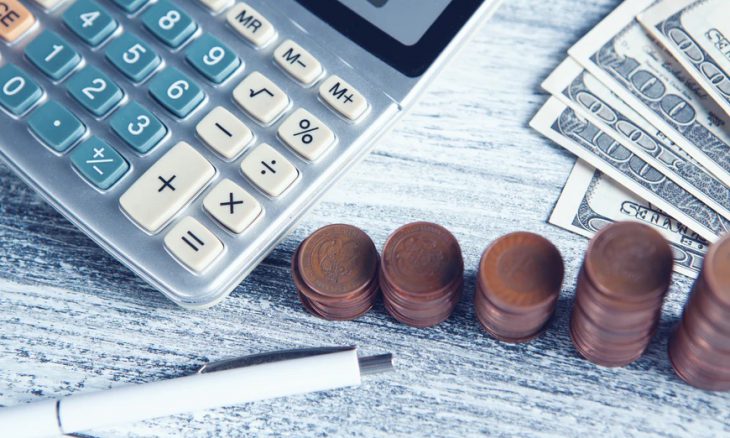Inflation Nation

According to the International Monetary Fund, “Inflation is the rate of increase in prices over a given period of time,” and is typically a broad measure. Over time, it has plunged nations into long periods of instability. When U.S. commentators speak of today’s inflation being the worse in four decades, they are referring to a period in the 1970s. For the better part of a decade, Presidents Richard Nixon, Gerald Ford, and Jimmy Carter had all been troubled by inflation. President Gerald Ford called it Public Enemy No. 1. By the time Ronald Reagan became president, Americans were numb to prices that had just continued to rise.
In its broadest sense, overall increases in prices increase the cost of living in a country. But it can also be more narrowly calculated: for certain goods such as food or services, like a haircut for example. Whatever the context, inflation represents how much more expensive something has become over a certain period, most commonly a year.
Generally, inflation is around 2 percent per year and is considered a normal part of America’s economic system. Under normal financial circumstances, this means that your money is worth less each year, unless it is gaining an interest rate greater than or equal to inflation. Annual salary raises or adjustments based on cost of living also help to keep up with inflation.
The Bureau of Labor Statistics publishes inflation rates for the U.S. As of the end of June 2022, the bureau reported a 9.1 percent annual inflation rate, the highest since 1981. This means the goods and services on average are 9.1 percent more expensive than they were at the end of June 2021. Groceries and gas prices are the main contributors to the high rate, with rent or housing expenses following close behind. Inflation is measured on a monthly basis using the Consumer Price Index. And, unless workers have received a 9.1 percent raise, paychecks are not stretching nearly as far.
There are many causes for today’s inflation, which have been complicated by the government’s response to the COVID-19 pandemic. In addition, sudden increases in demand during coronavirus lockdown, labor shortages, and supply chain issues have all contributed.
“We pumped a lot of demand into the economy, particularly the American Rescue Plan in early 2021, giving everybody $1,400,” said David Wessel, the director of the Hutchins Center on Fiscal and Monetary Policy at Brookings. “And with the benefit of hindsight, we probably put too much money in people’s pockets – they want to spend it, but the supply side of the economy is unable to accommodate the rapid increase in demand that comes both from the fiscal stimulus and from the fact that people are beginning to relax about the pandemic,” Wessel said.
President Biden has consistently attributed the rise in fuel prices to Russia’s war in Ukraine. He stated that the price of gas would not have spiked had the U.S. “turned a blind eye to Putin’s devious ways.“ He has also contrasted bipartisan support for Ukraine with criticism of his administration on rising gas prices.
To stop inflation, there is little that government can do, but experts agree that the Federal Reserve should raise interest rates, because the primary policy for reducing inflation is monetary policy. Other policies can include a tighter fiscal policy (higher taxes), supply side policies, and wage controls. But there are time lags. It can up to 18 months for a higher interest rate to have an effect on reducing demand.
Early on, the current inflation was expected to be temporary, caused by rising oil prices, rising tax rates, and the impact of devaluation. Even though President Biden called the contributory factors of inflation “transitory,” the United States has experienced inflation for 14 straight months.
While attending the G20 meeting in Indonesia, Treasury Secretary Janet Yellen warned that inflation in the U.S. is “unacceptably high” and said bringing it down is Washington’s “top priority.”
God is not affected by a nation’s inflation, though His people may be. He wants you to depend on Him and not on the wealth of the earth. Philippians 4:19 reminds you, “And my God will supply every need of yours according to his riches in glory in Christ Jesus.” And as He supplies your needs, honor Him with what you have (Proverbs 3:9), be faithful in supporting the work for God’s kingdom (Malachi 3:8-18), and give to those who are less fortunate (Hebrews 13:16).
How then should we pray?
- Acknowledge to the Lord that you trust Him and commit everything to Him, including your family budget.
- For those who are members of the Federal Reserve as they establish ongoing monetary policy for the nation.
- For those in authority to disseminate truth to the people of the nation regarding the nation’s financial condition.
- For wise decision-making by the government in dealing with supply chains, oil supplies, farm subsidies, Russia, and the war in Ukraine.





